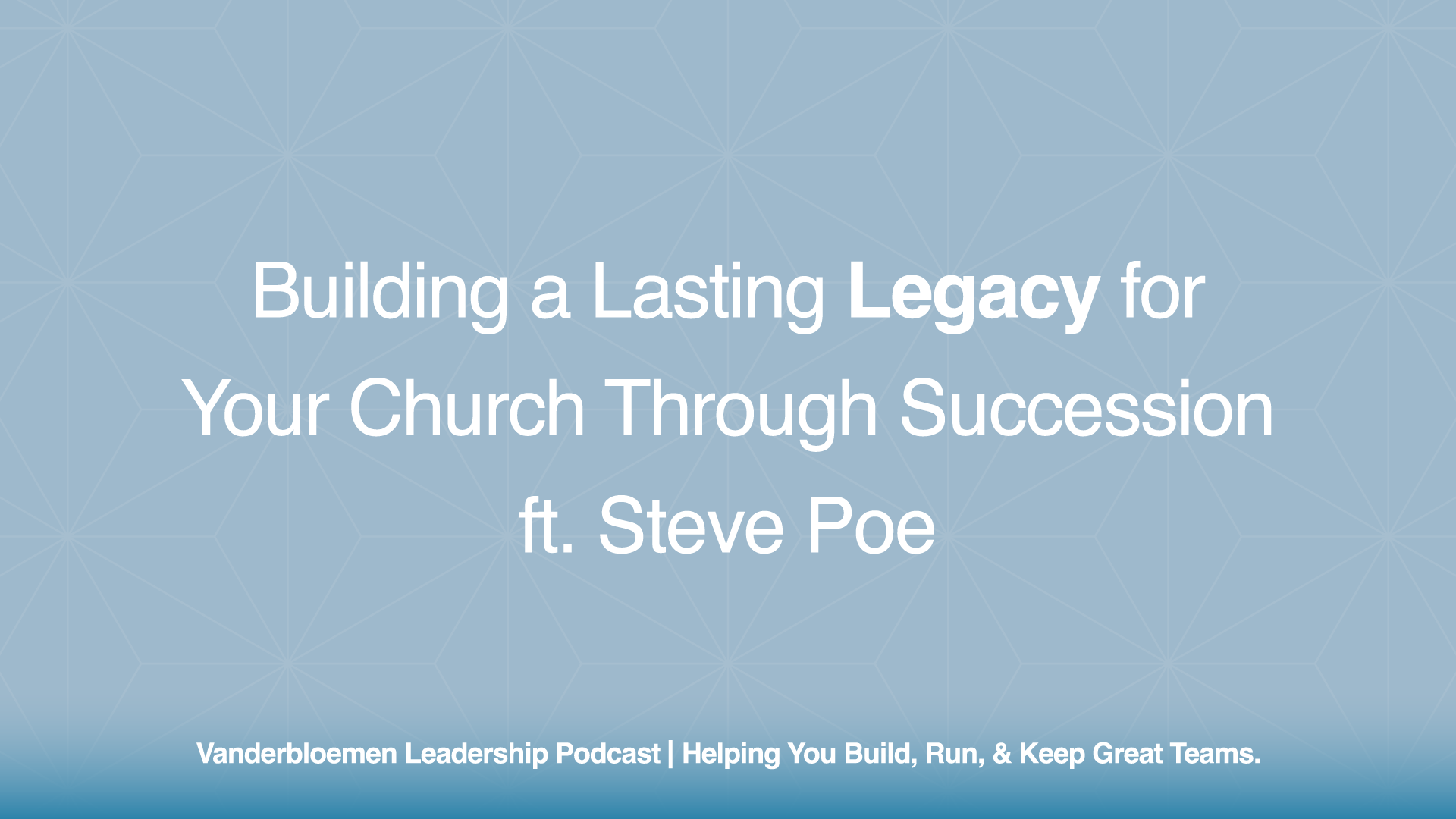Having a multigenerational church is often considered a highly desirable goal. However, even churches with members spanning the age spectrum can struggle to integrate generations in a meaningful and authentic way. So how do you keep your congregation from self-segregating across generational lines?
If you feel like you’re being called to foster a truly multigenerational church family, here are a few ways to move in that direction.
1. Know yourself.
Despite all the touting of multi-generational congregations as something every church should pursue, in reality, it may not be a goal your congregation should strive to reach. If you excel at ministering to empty-nesters in their 50s and 60s, then you should continue to meet that need. This may mean reevaluating your mission and strategy in 10 to 20 years, but don’t neglect the people God is calling you to reach at this moment.
2. Stick to one worship style.
If you have multiple services, consider making them all stylistically similar rather than having a traditional service and a contemporary service at different times (or competing in different venues at the same time).
While it’s not a clean segmentation across the board, different generations tend to attend different services based on their music style. This may mean that your church has all contemporary services, or all traditional services. You’ll have to spend some time in serious introspection to determine which style of music is the best fit for your community.
3. Purposefully integrate your small groups.
While it’s important for Christians of all ages to spend time with others in the same life-stage and connect over similar joys and challenges, it’s not necessary for small groups to be one of these places. People will more naturally make connections in their own cohorts, but may not form relationships across generational lines outside of the more intimate setting of small groups.
Create small groups around study of a particular book of the Bible, themes, or topics rather than age groups to encourage the formation of groups that reflect the makeup of your congregation.
4. Create opportunities for mentor-mentee relationships.
Young people, particularly millennials, have a strong desire for mentors. If you don’t already have a program to develop mentors and connect them with mentees, consider developing one! These relationships give mentees an opportunity to glean from the wisdom of their spiritual elders, but they’re not the only beneficiaries. Mentors not only have a chance to put their years of experience to use, but can learn from their younger counterparts as well. As best you can, try to make sure that your small groups have at least one older and one younger member (or couple).
5. Develop specific staff roles for your target demographic(s).
Ideally, most of the programs and events at your church will be multigenerational by nature. However, if you’re not seeing the demographic crossover you’d like, you’ll need to intentionally organize your staff to make any necessary changes.
If you’re trying to reach more millennials, you’ll need to have someone overseeing a young adults’ ministry. Want to increase involvement from young families? Create a role geared towards that goal (and make sure to have childcare available during any programs you want them to attend!). If you feel your church is lacking in members over 55, then you made need a staff member who can minister to that demographic.These are just a few ideas to start developing a multigenerational congregation in your church.


